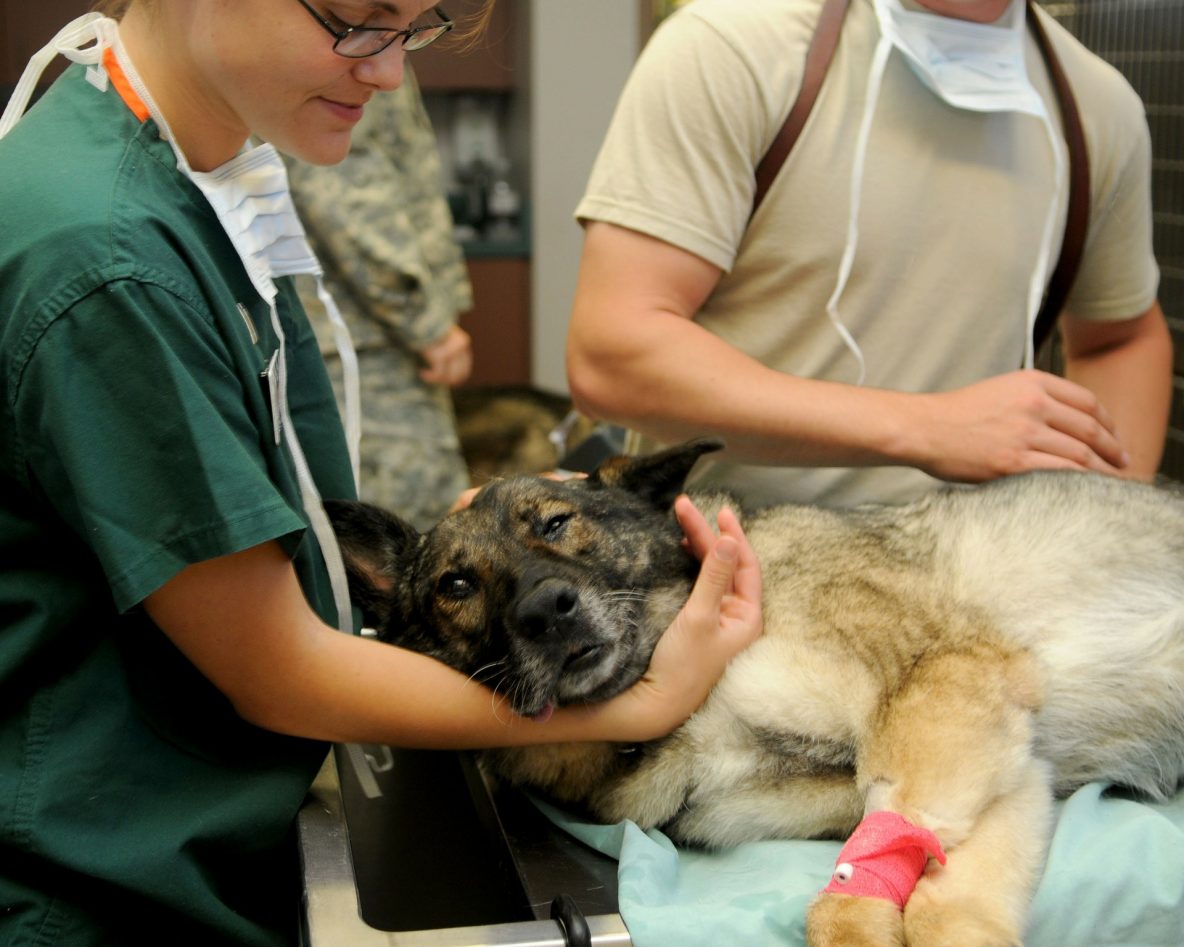
The pandemic, the lockdowns have taken their toll on everyone
Covid, the pandemic, the lockdowns have taken their toll on everyone but especially the medical and caring professions. One sector that often gets overlooked by the media is those in the vet industry. Pet owners see their pets as one of the family, and want the best treatment for them when needed, so surely vets should be regarded the same way we view other healthcare professionals.
Even before the pandemic, the suicide rate among vets was significantly higher than the national average. That hasn’t changed. It is four times the national average. So why do so many in the veterinary industry take their own lives and what can we do to reduce this?
Factors that cause stress in the veterinary profession
It’s unlikely there is one overriding factor causing such high stress levels and a decline in mental health among vets. Consider what they have to deal with:
- Long working hours, including out of hours emergencies;
- Client complaints;
- Highly emotional clients;
- Constantly busy days with unscheduled emergencies;
- Dealing with death and euthanasia on a daily basis.
Covid has added a new level of stress with pet owners not being allowed in with their pets while they are being treated, an excess of lockdown pets that are not being properly looked after or abandoned, and adapting to the new ‘normal’ way of working. Add to this that some veterinary staff may not receive the support they need at work, their level of pay may not be commensurate with their training and skills, and they have external stress from home and personal life. This all makes for a potentially fragile mental state, and without recognising the early warning signs, it can quickly deteriorate.
How can we help the veterinary profession?
A study by Alejandra I Arbe Montoya, Susan Hazel, Susan M Matthew and Michelle L McArthur published in the BVA suggests that by looking at a possible relationship between moral distress, mental illness and the deterioration suffered by vets, it could prove useful in developing intervention strategies to minimise the morally distressing experiences and their associated negative consequences.
It is very hard to put yourself first, and for those in caring professions, such as vets, it’s especially difficult. By taking time out and being mindful of how we feel, being aware of our own mental health, makes it easier to be able to look after or care for others.
Learning to ask for help and reaching out is the most crucial step. Once that difficult first step has been taken, there are some options:
- A life coach can help enormously by listening to thoughts and feelings, both personal and professional, and act as a sounding board. They are objective but empathetic listeners, and enable people to simply talk about their situation and frustrations. Talking to someone one step removed from everyday life can unveil how home life can affect work life and vice versa. It makes it easier to see a way through the uncertainty and begin to put in place a coping strategy across all facets of life.
- Professional bodies have a lot to offer. Vetlife offers independent, confidential and free help for those in the veterinary community, including veterinary nurses, students and non-clinical staff. They have a free helpline, and offer financial and health support.
What steps can those in the veterinary sector take?
It’s far easier to be on the outside looking in and suggesting ideas to help. Everyone is different, but some steps that help anyone feeling under stress include:
- Don’t ignore the emotional, physical, mental and behavioural warnings of stress;
- Reassess work/life balance, making sure there’s enough ‘me’ time or ‘family time’ – whatever it is that makes each person happy.
- Undertaking exercise in whatever form available. It doesn’t have to be overly strenuous or arduous. The body releases endorphins when exercising that increase feelings of pleasure and wellbeing. Being outdoors and in the fresh air will also be beneficial.
- Making and taking time to relax. We all have our own preferred methods of relaxation.
- Take a look at what is causing the stress (here’s where a life coach can help) and once identified, start making changes. Don’t be afraid to say no to things, or delegate to other people – this applies professionally and personally.
- Allow the body to rest. Sleep is the best way of allowing the body to recover.
- Be kind and be mindful. None of us are superhumans and there are only so many hours in the day.

